Word Count: 843
Average Read Time: 3 minutes 4 seconds
We love to talk about crushing our workouts, but in order to crush our workouts we need to make sure we’re recovering properly. Let’s discuss what you can do to maximize recovery and make sure you’re getting the most out of each and every set.
Most people focus on what to do immediately before and during a training session, but in this post we’ll discuss what you can do outside the gym. After all, if you add up the amount of time you’re actively picking weight up and putting it down in a workout, it’s probably only about 30 minutes. What about the other 23 hours and 30 minutes in a day?
Nutrition
Are you eating to fuel your workouts or are you just eating? If I had to guess, it’s probably the latter. Focusing on your protein, carb, and water intake can drastically impact workout performance.
Protein
Protein is used to maintain and build muscle after it’s torn down from lifting weights. For optimal recovery, make sure you’re consuming enough protein per day.
If you’re currently focusing on maintaining or gaining weight, consume 0.8 - 1g of protein per pound of body weight. If you’re currently dieting for fat loss, consume 1 - 1.3g of protein per pound of body weight.
The timing of your protein intake isn’t as important as many make it out to be for most people. If you workout with food on your stomach, be sure to have a protein shake or eat a meal within 1 - 2 hours after working out. If you train while fasted, have a shake or meal as quickly as possible after you complete your workout.
Carbs
Carbs have a bad reputation; however, carbs are our bodies preferred fuel source for most activity. (There is some evidence to suggest a low carb, high fat diet may be better for marathon runners but that’s usually not the people on this site.)
Now, let’s talk about when timing is important. You should plan to have roughly 20% of your daily carbs before and after your workout. If you are on a low-Calorie diet and don’t want to use up a large portion of your Calorie budget at once, you could reduce that number accordingly.
Personally, I like to have a protein shake and a banana 30 minutes - 1 hour before my first set.
Water
This is something you’ve likely been told throughout your entire life but if you aren’t properly hydrated, it can negatively impact athletic performance, including weight lifting. [1]
A good starting point for water intake is half your weight in ounces. For example, if you weigh 200 lbs, a good starting point would be 100 fl oz of water. A good way to assess if you are properly hydrated is by the color of your urine. If you have five mostly clear urinations per day, you can be confident you’re properly hydrated.
Do you want to maximize training recovery?
Become an insider and learn my scientifically proven process for training recovery that will help you finally get the body you've always wanted. Simply enter your email below and the eBook will be sent to your inbox!
Sleep
Quantity
This probably won’t come as a surprise but getting an inadequate amount of sleep can negatively impact exercise performance. [2] The amount of sleep that qualifies as “adequate” is highly individual, but for most people, falls in the 7-8 hour range.
An easy way to asses how much sleep is enough for you individually is to keep a sleep journal. Simply write down the time you went to sleep, the time you woke up, and rate how you feel upon waking in the morning.
Quality
You’ve likely noticed there are nights when you may not get as much sleep as usual but wake up in the morning feeling like the Energizer Bunny. Conversely, you’ve likely had nights where you get way more sleep than usual but wake up feeling like a bear who was interrupted in the middle of hibernation.
There are a few simple rules you can follow to help get the most out of the time you’re asleep.
Avoid caffeine within 4 hours of your planned bed time.
Don’t work within 2 hours of your planned bed time.
Don’t use screens within 1 hour of your planned bedtime.
If you can’t avoid screens, use UV light blocking glasses. UV light can make your brain think the sun is up, delaying the onset of sleep.
Fatigue management outside of the gym is significantly more important than fatigue management inside the gym. Having the appropriate workout intensity and appropriate rest periods won’t save you if the rest of your weekly routine is trash.
Thank you so much for reading! If you found this information helpful and want to help the Treadaway Training blogcast grow, simply share this post with a friend. If you like what I have to say, sign up below to become a Treadaway Training Insider or check out my YouTube channel. I will be back here Saturday with another body transformation topic. As always, God bless you AND your family and I'll see you Saturday.








